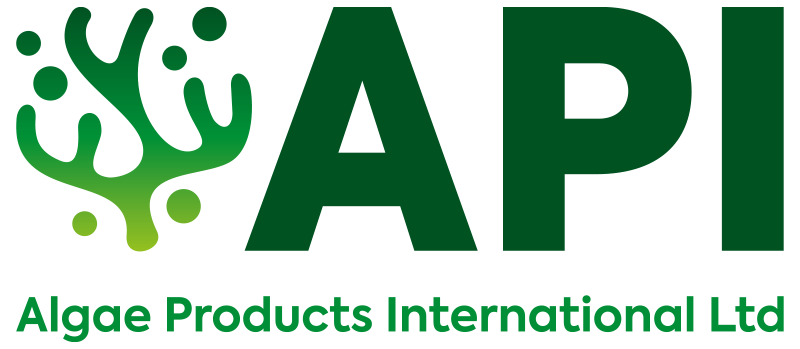Modern Slavery Statement
Modern slavery is a heinous crime that affects millions of people worldwide.
It is a form of exploitation involving force, deception, or coercion to abuse people for labour or services. Beyond being a violation of human rights, it is a crime against humanity that is still rampant in many parts of the world.
The International Labour Organisation (ILO) estimates that over 40 million individuals are trapped in modern slavery in various forms, such as forced labour, debt bondage, human trafficking, and other exploitative practices.
Most of the victims of this modern-day slavery are women and children who are vulnerable and defenceless. Modern slavery is a complex issue that requires a comprehensive approach to tackle.
It is not just a problem for governments but also for businesses and civil society organisations to work together to combat this global issue.
The United Nations (UN) has proactively tackled modern slavery by adopting various initiatives to address the issue. For instance, the UN adopted the Sustainable Development Goals (SDGs) in 2016, which aims to eradicate forced labour, modern slavery, and human trafficking by 2030.
The UN also adopted the Global Compact on Migration in 2018, which commits to fighting human trafficking and modern slavery.
The UK government has also taken significant steps to combat modern slavery. In 2020, they published their Modern Slavery Statement, which outlines their commitment to tackling this issue and the actions they are taking to do so.
The statement includes several measures, such as increasing the maximum sentence for modern slavery offences, introducing a Modern Slavery Commissioner, and providing additional resources for law enforcement to investigate and prosecute modern slavery cases.
Moreover, the government is working with businesses to ensure their supply chains are free from modern slavery.
This includes introducing a Modern Slavery Act that requires companies to publish an annual statement outlining the steps to ensure their supply chains are free from modern slavery.
They are also developing guidance to help businesses identify and address modern slavery in their supply chains.
The UK government is also working with civil society organisations to raise awareness of modern slavery and provide support to victims.
They are providing funding for organisations that support victims of modern slavery and launching a public awareness campaign to raise awareness of the issue.
The government is also collaborating with other countries to tackle modern slavery. They are working with the European Union and the United Nations to develop a European Union Action Plan on Human Trafficking and Modern Slavery and a Global Plan of Action to Combat Trafficking in Persons, respectively.
In conclusion, modern slavery is a global issue requiring a comprehensive approach. Governments, businesses, and civil society organisations must work together to combat this global problem.
The UK government’s Modern Slavery Statement outlines its actions to tackle modern slavery and provides a roadmap for other countries to follow.
All countries must take action to combat modern slavery and ensure that all people are free from exploitation.
The fight against modern slavery must continue until every person is free from this inhumane practice.

